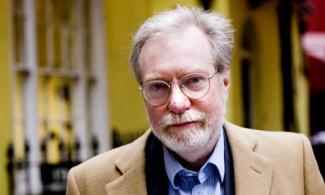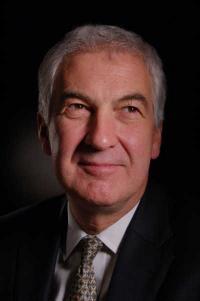
What policies would make Kampala a great 21st century city?
Kampala is one of the fastest growing cities in Africa. With a current population of close to 4 million people and an urban growth rate estimated at 5.2%, the city generates about 60% of Uganda's GDP. The Kampala Capital City Authority (KCCA), established in 2010, has shown early success in improving the financial management and quality of service provision in the capital city. Given these successes, KCCA is looking to further expand their evidence base to provide them with a better understanding of how to make sure that Kampala continues to be a major driver for growth within the Ugandan economy as well as a sustainable future city.
The Bank of Uganda, in collaboration with the IGC, hosted Paul Collier and Tony Venables, from the University of Oxford and London School of Economics and Political Science's research programme Urbanisation in Africa and Developing Economies, for a public event in Kampala entitled What Policies Would Make Kampala A Great 21st Century City? This event brought together policymakers and practitioners to discuss the future of Kampala and what strategies they can take to move the city towards a hub for job creation, investment, and therefore a driver of economic growth for the whole country.
The following day, KCCA conducted a Special Technical Planning Committee Meeting to explore these issues in more depth. They discussed the lessons and key policy findings from current research that Paul Collier and Tony Venables are conducting about Kampala as part of a comparative study of the development of six African cities. The meeting centred around the four central themes infrastructure, finance, transport, and housing.



